Dr Chris Bonfield leads the Centre for Learning & Teaching's TEL Team, championing new technology enhanced learning approaches at the University. Along with colleagues in his team, he provides pedagogic support to staff, ensuring that the use of learning technologies and systems contribute towards an excellent staff and student experience. Chris is a medieval historian by training, with a research interest in medieval hospital, diet and music. He also has a keen research interest in digital pedagogies, including the use of iPads and BYOD in the classroom, and virtual reconstructions as teaching tools. Chris is a Fellow of the Higher Education Academy.
What can you see outside of the window?
Concrete. Mist. And a one-legged, rather menacing looking, pigeon. Oh wait, there is now a patch of blue sky!
What does your average day at work involve?
What I really like about my role is that every day is different: one day I might be working with my team to provide tailored workshops and support to academic staff who want to explore new and effective ways to deliver online content; another day I will be meeting external companies to discover what additional TEL technologies we might like to bring to Bath to enable staff to further enrich their teaching; and some days I will also have the privilege to talk to our students to discover more about what they do and how they would like our team to enhance their experience while at Bath.
Why do you think teaching at this university is important?
First and foremost we have a University community made up of hard-working, committed and inspirational staff and students. Combined, this helps to bring world-leading research to life in the classroom, and enables our students to be the best that they can be. Also, as my PhD supervisor once said to me: the best way to research is to teach. And for students, teaching is like reading the books before they are actually written.
What do you hope the impact of your work will be?
I want our staff and students to have the best possible tools and technologies to enhance their teaching and learning, and for them to feel supported and enabled to develop their own digital skills.
"As my PhD supervisor once said to me: the best way to research is to teach. And for students, teaching is like reading the books before they are actually written."
Who has inspired you most in your career?
Lots of people have inspired me along my career path to date, but perhaps the most memorable was a medieval historian (most definitely of the old school, replete with pipe, jacket with accessorised arm patches, and a love of all things real ale) who gave a first-year lecture, seemingly off the top of his head, of the key events in the West from the Crucifixion of Christ to the Reformation. On stage we had students becoming his vassals, large broad swords slicing melons in half and spraying their content across the front row, and the pièce de résistance, a plastic dove on a stick being waved above his head in order to recreate the crowning of Charlemagne on Christmas Day 800. Oh, and quite a few pints of beer.
When did a lecture or workshop go wrong and how did you overcome it?
As anyone who uses technology in the classroom will know only too well, sometimes things don’t always go according to plan. I once worked on a public engagement project, helping to bring one of England’s oldest and still working hospitals (founded in 1249!) to life by way of 3D virtual reconstructions and a website aimed at the public. As the building is still in use (now as a care home), I was asked to present a workshop to launch the videos and new website to the aged population who were interested in finding out more about their home. No one told me that the hospital didn’t actually have its own internet connection, a projector, or indeed even a computer. So my motto: plan for the unexpected!
Recommend a book, film or album from the past year.
I often spend my spare time searching through Youtube, exploring different recordings of Classical music, often in search of that elusive thing: a “perfect” recording. One that I have come across this year, and which I continually return to, is the 1954 recording of Norma by Maria Callas, under the direction of Tullio Serafin. Whilst the 1960 recording (also with Callas and the amazing Franco Corelli as Pollione) gives it a run for its money, the earlier recording is sublime and Callas was at her peak. Go listen!
If money were no object, what innovation would you bring to the University of Bath?
As someone who trained as a medieval historian, but now spends their day surrounded by the latest technology: a time machine, both forward and back!
What piece of advice would you give to someone just starting out in teaching at the university?
Enjoy it! And remember that there is lots of help out there to support you – please speak to the CLT to find out more!
What three things would you take to a desert island?
My partner. A grand piano. And cheese.
Respond




